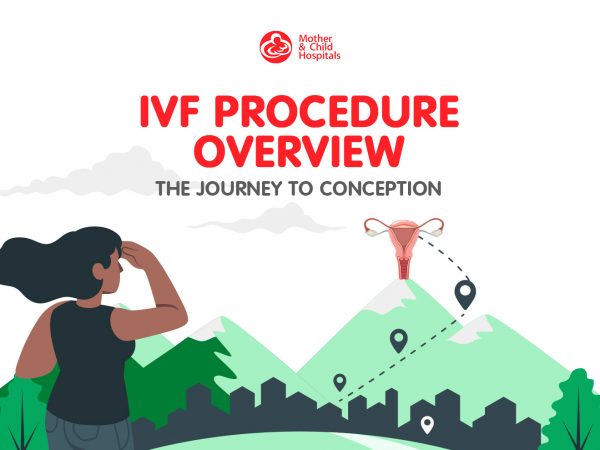
Written by Dr. Temilola Sam-Amoye, Consultant Paediatrician
Motherhood is a new and thrilling experience filled with a blend of emotions ranging from outright fear to pure joy and excitement. As a result of the lack of knowledge of childcare on the part of young mothers, an elderly and much respected member of the family, usually the mother/mother-in-law is invited to stay with the couple for a few weeks/months. This practice is quite common in Africa and is popularly known in the Igbo language as “Omugwo”.
In most scenarios, this period offers an opportunity for the new mom to acquire valuable skills required to care for her newborn baby, however there are a few situations that have turned out sour. Here are a few live scenarios that fully depict the impact this process may have on our families if not properly done.
CASE 1
Baby A was born at term and considered healthy, she was discharged home a few days alongside her mother and both were being cared for by her mother-in-law. As part of the baby’s bath routine, heat from a lantern and toothpaste were applied to the cord and this continued for days until she developed a high fever and convulsion at 4 weeks. She was subsequently diagnosed with Meningitis and had to receive antibiotics for 2 weeks before she was discharged home. It was established that the cord was the source of the infection that spread to the brain.
CASE 2
Baby G was also born healthy with a good weight, however his mom noticed his eyes appeared yellow on the 4th day and mentioned this to her caregiver/Mother. She was told it was nothing to worry about and could easily be treated with breast milk drops alongside “pawpaw water”. By the end of the 1st week, the baby was refusing milk and noticed to be quite sleepy and jerky. He was later diagnosed with severe jaundice that had affected his brain and despite all the treatment offered, he passed on 3 days later.
CASE 3
Our final case is Baby M, a beautiful girl born without any complications and nurtured by her parents and an elderly aunt. Her aunt was quite worried that the soft spot on the baby’s head was pulsating and was quick to tell the new parents that there was something wrong with their baby and urgent intervention with native herbs was required. These herbs were administered orally to the baby and subsequently caused the baby to develop large bouts of watery and bloody stools. She arrived at the hospital in shock and had to be quickly resuscitated. Thankfully she survived.
One thing is common to all these families and that is the fact that they all had perfectly healthy babies who developed severe complications as a result of the care they received from family members. The nature of care rendered is usually based on background experience of the elderly caregiver and many times outdated and not backed by scientific evidence. While this is not in any way minimizing the necessity of the ‘Omugwo’ process, it is simply highlighting the importance of involving the healthcare facilities in the decision making process in order to forestall complications.
It is true that moms and mother –in-laws have a wealth of experience, but the young couple must remember that they are not health workers and therefore will not be in the best position to give advice on issues that involve the health of their babies. When in doubt, ALL parents must check with a reputable health facility before acting on external instructions.




